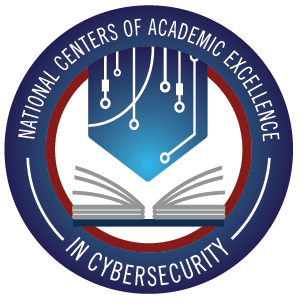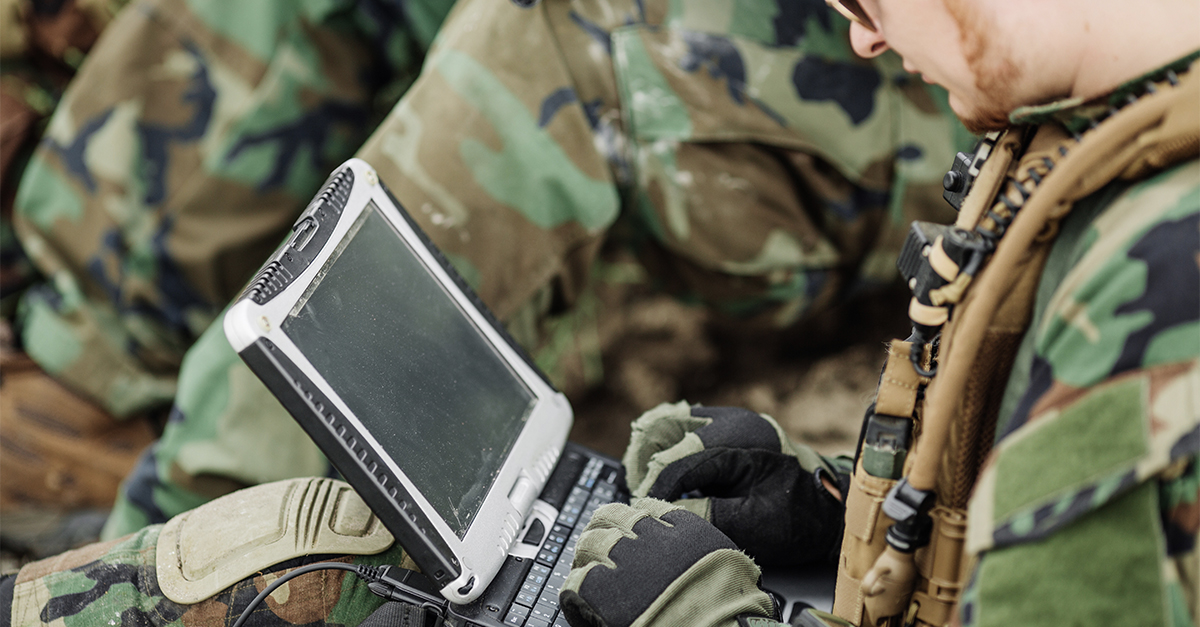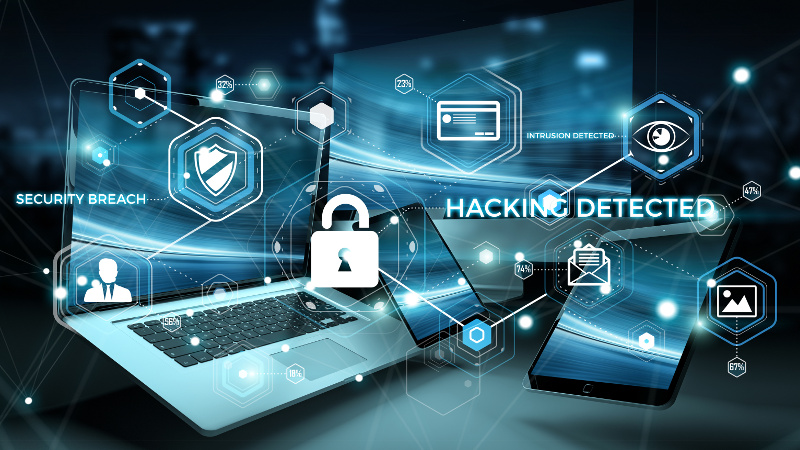Veterans and First Responders Training Initiative (VTI) is part of the CyberSkills2Work™ Program under the Jack D. Gordon Institute for Public Policy at Florida International University. As a key component of the National Cybersecurity Workforce Development Program, the VTI program is dedicated to preparing and empowering veterans, transitioning military personnel, first responders, military spouses, and dependents to enter cybersecurity careers that protect our nation’s Critical Infrastructure Sectors.

Applications Are Now Open!
Apply by December 22nd to secure your spot. Availability is limited, and spots are filled on a first-come, first-served basis.
Program Overview
The CyberSkills2Work™ Program is a nationally scalable cybersecurity workforce development initiative, made possible through a two-year, $6 million grant from the National Security Agency's (NSA) National Centers of Academic Excellence in Cybersecurity (NCAE-C) and the Cybersecurity and Infrastructure Security Agency (CISA). The program is delivered in partnership with 10 National Centers of Academic Excellence in Cybersecurity (CAE-C) institutions across the U.S., furthering the mission to meet the growing demand for cybersecurity professionals.
Through free, fully online training (100% asynchronous), eligible participants are prepared for cybersecurity roles in critical sectors such as defense, energy, and financial services, with support for their career transition into high-demand jobs.
For more information, visit CyberSkills2Work.org.
2026 Program Information
Three specialized training pathways will be offered to prepare participants for roles in Digital Forensics, Network Operations, Technical Support, and other related cybersecurity fields. The program provides asynchronous online courses, digital badges, professional development, and job placement support through the CyberSkills2Work Employers Network.
Each pathway will accommodate 50 to 100 eligible participants, depending on the specific track. Best of all, all costs are fully covered by the grant—there’s no need to use your GI Bill® or Pell Grant. This opportunity is entirely free for eligible and accepted participants.
Upcoming Programs

Foundations of Cybersecurity (Technical Support Pathway)
January 6 - March 2, 2025 | Cybersecurity is more crucial than ever as new technologies reshape our world. This eight-week, self-paced online course, provides the essential skills and knowledge you need to start or advance your career in this rapidly growing field. You will explore diverse cybersecurity career pathways, develop basic computer literacy, and understand networking concepts. The course also covers analyzing the societal impact of cybersecurity, applying core principles to identify common threats, gaining insights into global cybersecurity challenges, and conducting digital forensics and incident response. Whether you're looking to enter the cybersecurity workforce or enhance your current skills, this course will prepare you to tackle the challenges of today and tomorrow.
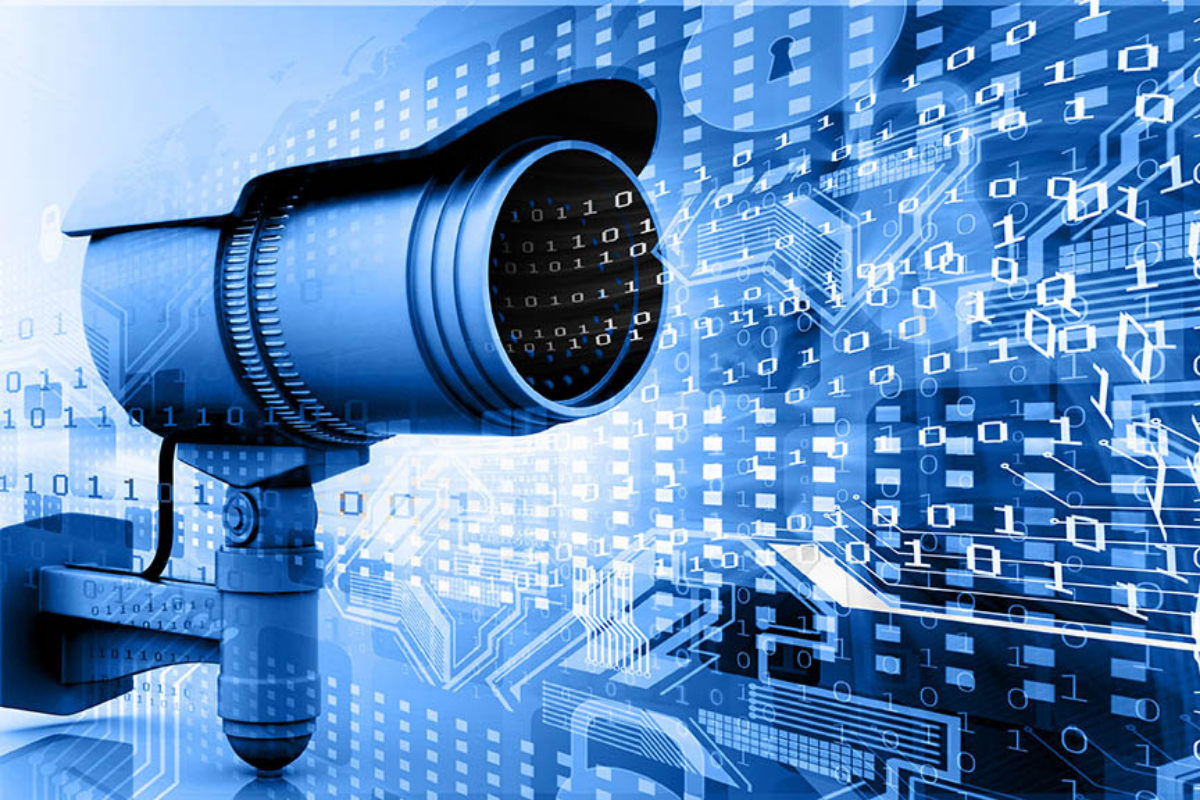
Video and Image Forensics (Digital Forensics Pathways)
January 6 - March 2, 2025 | This course will introduce participants to the concepts of video and image forensics as it relates to the larger field of digital forensics and the justice system. Video and Image evidence is a growing concern during an investigation as more and more of our lives are captured in some form. From CCTV security cameras in public places, to cell phone cameras, our everyday activities are constantly being recorded. This evidence, when properly collected and analyzed, can be crucial in solving crimes and equally crucial in exonerating the innocent.

Fundamentals of Digital Forensics (Digital Forensics Pathway)
January 6 - March 2, 2025 | This 2-month-long, self-paced online program will provide working professionals with a comprehensive overview of digital investigations, how digital evidence can be found and how it is useful in the investigation of a crime. The program introduces forensics analysis policy, tools, data recovery, cybersecurity, law and ethics, and more. It aligns with the NICE Framework work role of "Cyber Defense Forensic Analyst" and "Law Enforcement/Counterintelligence Forensics Analyst.
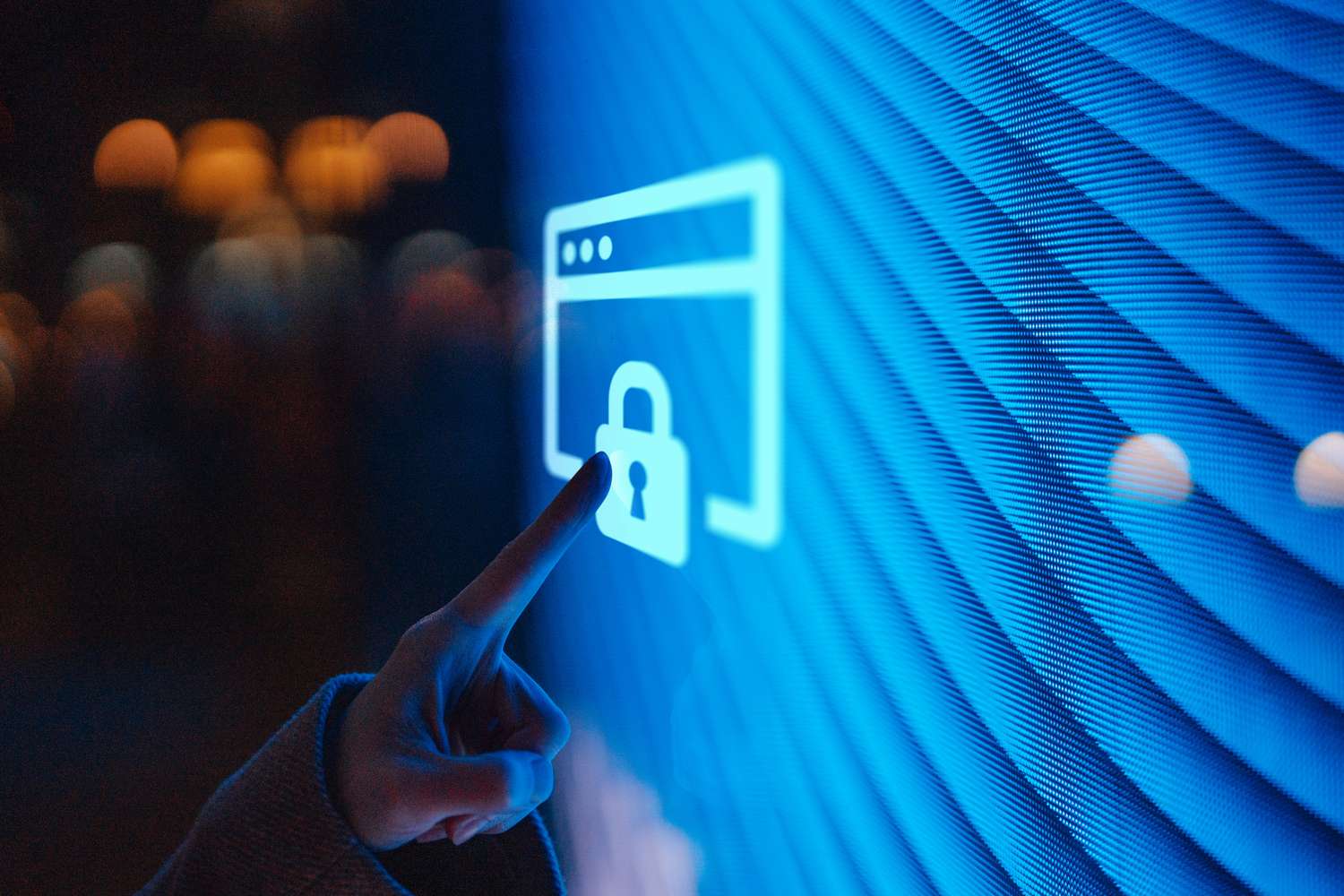
Foundations of Networking
March 10 - May 4, 2025 | The course aims to educate on fundamental concepts and principles within telecommunication networks, particularly the Internet, and to demonstrate their application in synthesizing, analyzing, and evaluating computer communication networks. It covers diverse aspects of telecommunication networking, focusing on components, flow and congestion control, switching and routing, quality of service, and application-level protocols like RTP, peer-to-peer networks, and overlay networks.
Past Programs
Cyber Threat Intelligence and Analysis Bootcamp
This one-week professional program covers the basics of Dark Web investigations, Dark Market, Cryptocurrency, tools for Tor and 12P, and other technical competencies. This program provides professionals hands-on research experience and foundational knowledge to begin transitioning towards a career as a Cyber Threat/Warning Analyst.Forensics Intelligence and Governance Bootcamp
This self-paced, hybrid program explores the foundations of biometric and forensics intelligence as well as policies, legality, and ethics. You will receive live instruction and guidance from your instructor as well as complete modules at your own pace. The program’s goal is to prepare a learner for a work role as a Cyber Defense Forensics Analyst.Networking Forensics and Incident Response
This eight-week self-paced course will introduce participants to the field of Network Forensics. It is designed to give participants practical, hands-on, and in-depth introduction to the tools, methodologies, and common challenges faced when conduct a network forensics investigation. The course aims at exposing participants to various log file sources and packet captures to determine the presence of network related incidents. It covers the tools and techniques needed to begin to comprehend the objectives of network forensics.Emerging Technology Forensics
The seminar includes a series of lectures and discussions looking specifically at technology that falls outside of standard digital forensics. As time marches on, more and more of our lives are dependent on a whole host of digital technologies, many of which have become so ingrained in the business of our lives we don’t even think about them. What information might these technologies hold and how can digital forensic investigators access and leverage that information? What new and innovative technologies might we see in the near or far future that will challenge our investigations? What is already here and how can we deal with all this data?Contact Us
For any further details or questions regarding the veterans and first responders' initiative, please don't hesitate to contact us at vfrti@fiu.edu or call 305-348-2374.
For any general questions regardingCyber Skills to Work (CS2W), please contact us at cyberskills2work@uwf.edu.

